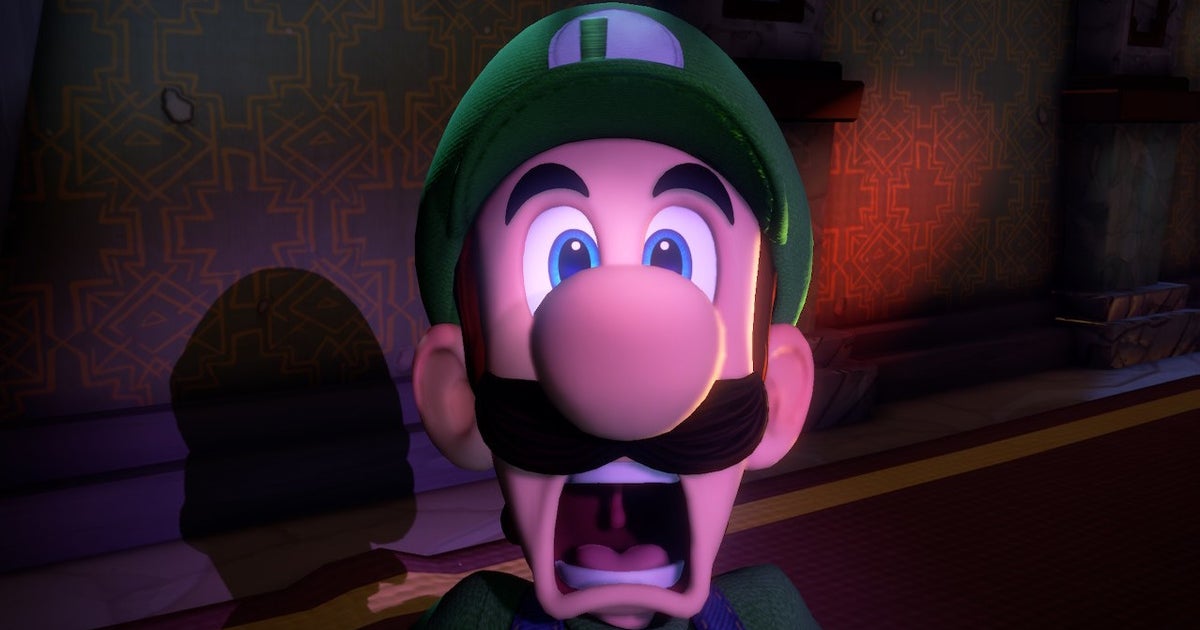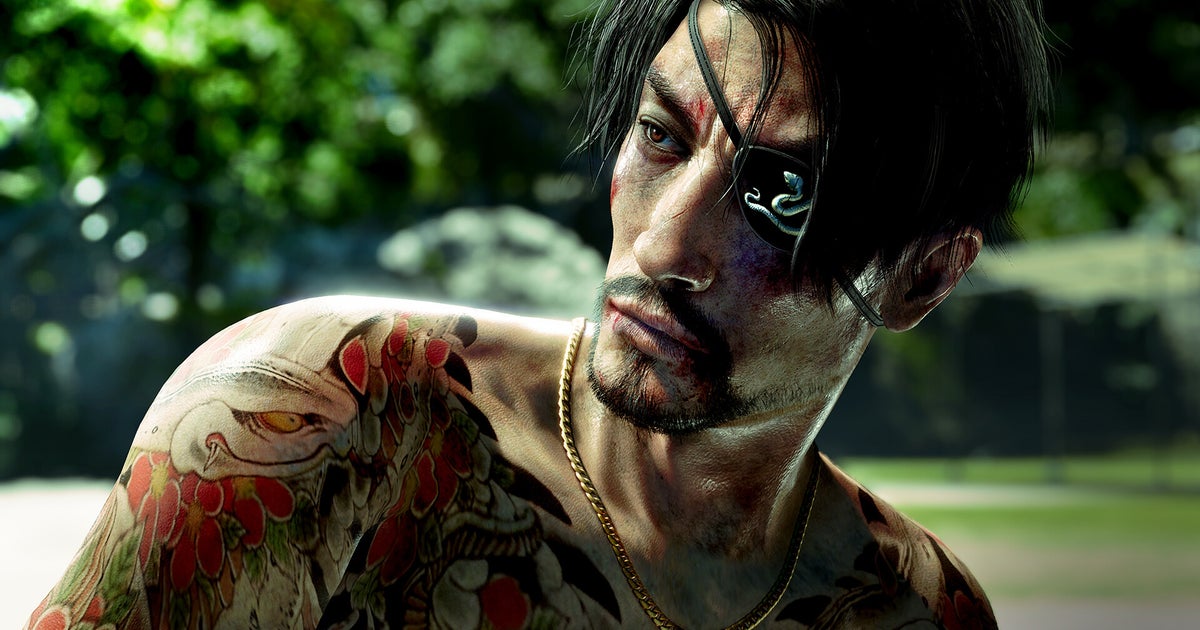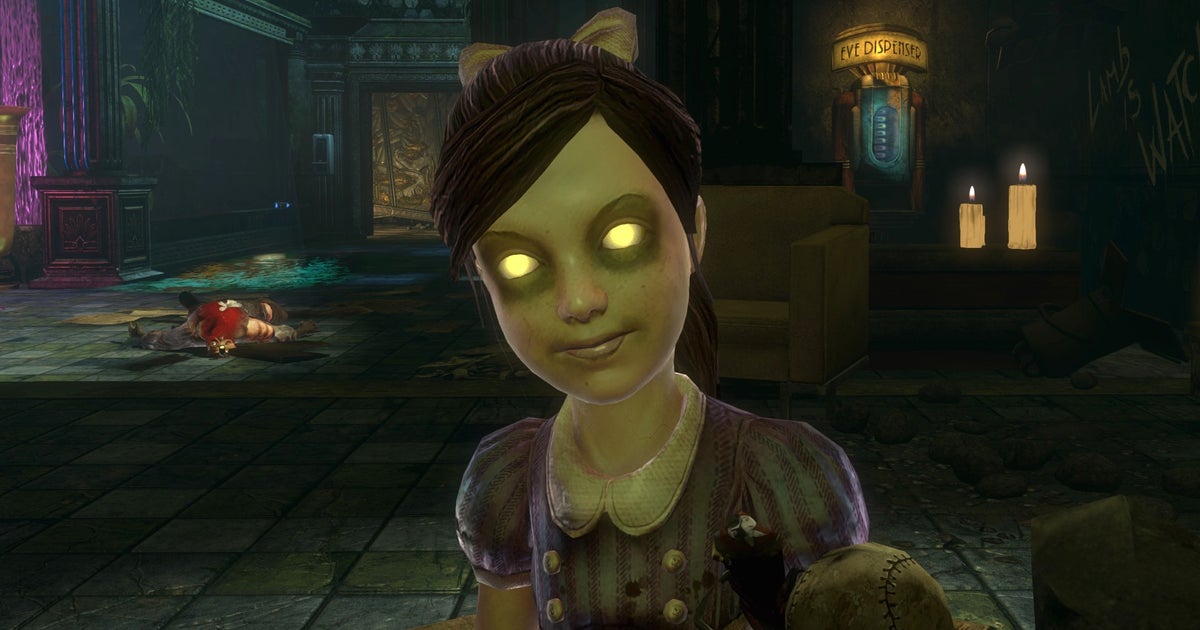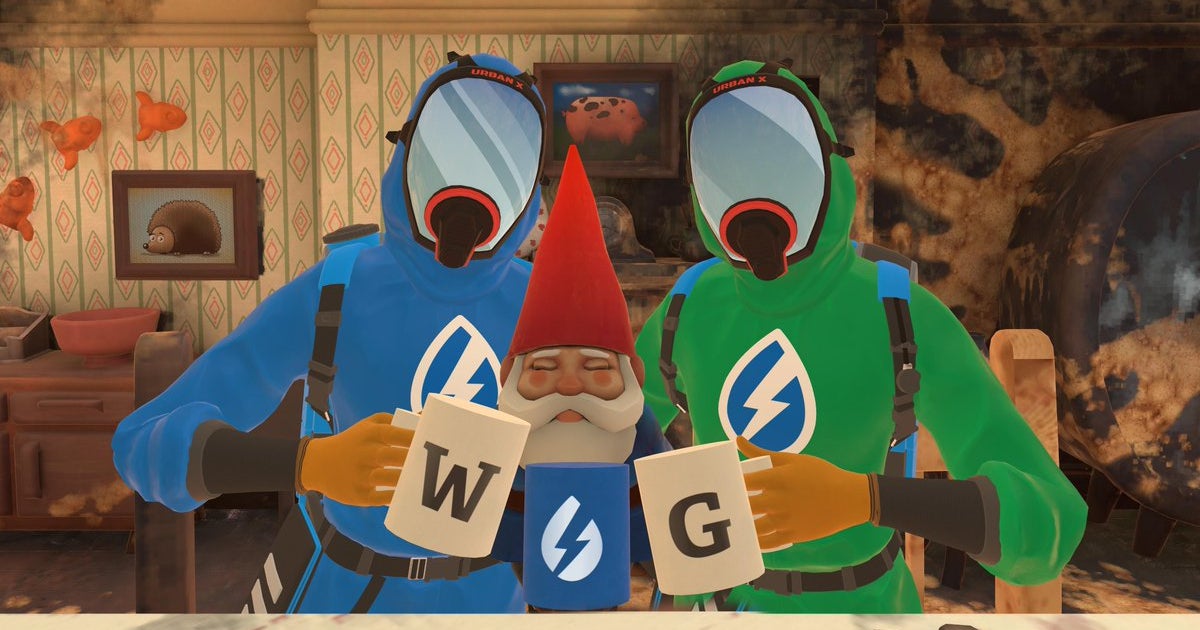The Fade - the inherently unknowable spirit world that lurks at the corners of awareness in BioWare's Dragon Age series of games - fascinates me. It's a twisted and dreamy place of great magical power that people seek but which misleads and corrupts those who look for it. Anything that's happened in Dragon Age is linked to it, whether it's a hulking Archdemon from the Fade leading a Blight across the land, as in Dragon Age: Origins, or if it's a mage with a Fade spirit inside them igniting a war as in Dragon Age 2. Then of course in Dragon Age: Inquisition the sky tore open and the barrier between the Fade and the waking world was sundered, causing all kinds of mayhem. And now here we stand on the precipice of a fourth adventure, Dragon Age: The Veilguard, which takes place inside the Fade itself, and which teases answers to some of the biggest questions in the game's universe. These are no trifling matters! We're talking about the creators of the world here, the gods, and the ancient secrets they hold.
It's a tantalising prospect, and yet on the other side of that excitement is some trepidation, because as much as I want to know the answers to the mysteries, what if I equally don't want to know them, because what then? What if the pleasure in a mystery is the hours spent thinking about it and mulling it over and coming up with theories of our own - I've certainly come up with a few. What if the answers are actually anathema to the mystery itself such that when we get them, they disperse the mystery entirely.
It's a paradox stories always have: they have to end because otherwise we feel strung along and our attention abused, and yet as we've seen with TV series like Lost, which slow-drip revelations, stories are never more popular than when we're desperate to know the outcome of them. Look at the TV adaptation A Game of Thrones as another example: the clamour surrounding the final series was deafening; millions and millions of people needed to know what happened at the end. It's a collective hunger that binds entire communities together, and I feel a similar thing happening with me and Dragon Age now.
I've never cared so much about the game's lore before. I only really cared who I was making moves on around the campfire or mountain castle that night, but in the lead-up to The Veilguard, I've been nose-deep in Dragon Age encyclopaedias, Wikis, subreddits, scouring any and all for the answers I sought. What had other people missed?
Mostly what I found were questions, not least because BioWare has been canny in the way it imparts history in Dragon Age, dispensing it through characters with beliefs and angles that can't necessarily be trusted. Consider the Chantry, the dominant churchlike religion: it tells us that a being called the Maker made the world from the Golden City, which it believes lies at the centre of the Fade - the same Golden City that infamously turned black thousands of years ago as a great corruption erupted from it. This, it claims, is where the Blights began, when Archdemons and darkspawn began ravaging the land - everything we fight in the Dragon Age games.
But how much stock can we put in that legend? Because like anything created by people, it's written by those who have an agenda, in this case Chantry people promoting Chantry doctrine. It's also a human religion and there are much older beings in the world of Dragon Age than humans.
 Dragon Age: The Veilguard. | Image credit: Eurogamer / EA BioWare
Dragon Age: The Veilguard. | Image credit: Eurogamer / EA BioWare
There are, in fact, literal Old Gods, seven of them, each considered to be a huge dragon. These are what become Archdemons and lead Blights across the lands, like gigantic flying lighthouses. We fight one at the end of Dragon Age: Origins - do you remember? I do because it was a very tough fight. But where do they actually come from, these Old Gods, and why does this happen? Also, what of the two Old Gods that haven't awoken yet - when will they reappear? And perhaps more importantly, what will happen when they disappear - will the Blight be wiped out?
Elves are far older than humans and have gods of their own, and though their legend has been warped by time and retellings, we know at least part of it to be true. How? Because we're friends, sort of, with one of the gods included in it: Solas, our companion from Dragon Age: Inquisition.
Solas is Fen'Harel of elven legend, or the Dread Wolf to give him a name more of you will recognise - not least because it was Dragon Age 4's subtitle for a long time. He is thousands of years old, and he reveals at the end of Inquisition that he created the Veil which separates the world from the Fade. He did it to imprison the other elven gods there, he says - beings that aren't gods at all but elven mages who accrued so much power they demanded to be worshipped as gods. But in their lust for power, they turned on their own, and they would have turned on the world had Solas not magically locked them up.
This lore is vitally important now because it's the set-up for The Veilguard. It opens as Solas tries to tear down the Veil in the hope of reconnecting his people, the elves, to the magical wellspring he once cut them off from. But as we interrupt the ritual, things go awry and two imprisoned gods escape - Elgar'nan and Ghilan'nain - and they are nothing like benevolent.
Questions. Who are these gods and what really happened to them? Have they been imprisoned in the Black City this whole time - the corrupted but fabled seat of the Maker? If they have, what secrets might they impart to us about it? Might they even be what the Chantry believes to be the Maker? And how do they relate to the Old Gods and the Blight? Only one thing is clear: in releasing them, The Veilguard cannot help but provide answers about them.
Now, I didn't originally intend to bombard you with all of this lore, and there are reams of details I held back on, believe me, but I did it because I wanted to convey my excitement about Dragon Age lore and for mysteries seeded back in Origins 15 years ago. For more than a decade, my mind has wandered happily in the Fade, wondering what's in charge there, wondering what it's all leading to, and clearly I'm not the only one. The internet is abuzz with people thinking similar things. It's the glue holding this community together. How nice it must be, as someone working at BioWare, to see people speculating this way about something you created - to see it means that much to them.
The Fade - this place once only at the corner of our awareness - has steadily, inexorably come forward to dominate. It's as though in digging down through the lore with each instalment, BioWare has finally reached the treasure within; such a moment seems almost inevitable.
Perhaps it's always the way with a long-running series: down and down we go until there's nothing left to unearth. Look at Kratos in God of War, a mortal man who killed so many Greek gods he both became one and then ran out of gods to kill, so he hopped over to Norse mythology to start on their pantheon instead. Look at games like World of Warcraft, which span decades and where our growth in power has to be matched by equally powerful enemies; the new Worldsoul Saga trilogy promises us an eventual battle with the cosmic powers of a Titan.
We're at the foundational layers of Dragon Age now, and though I'm giddy at the prospect of the answers that will bring, I'm also keenly aware there's only a finite amount of them. Once known, they can't be unknown, and what if they're disappointing - what if they are A Game of Thrones? Can any ending really stand up to the myriad imagined ones we've already created for ourselves? Something that's known becomes something mundane, no longer a thing to wonder about, no longer a thing our mind tries to clasp. It's as though to know is to be able to let go - to press full-stop and no longer actively care about it. I don't know if I want that; I don't know if I'm ready to leave the Fade.
I do know, however, we'll be hearing much more about it soon.

 2 months ago
94
2 months ago
94








![Anime Reborn Units Tier List [RELEASE] (November 2024)](https://www.destructoid.com/wp-content/uploads/2024/11/anime-reborn-units-tier-list.jpg)
